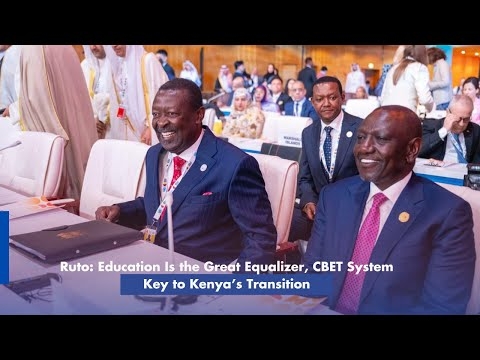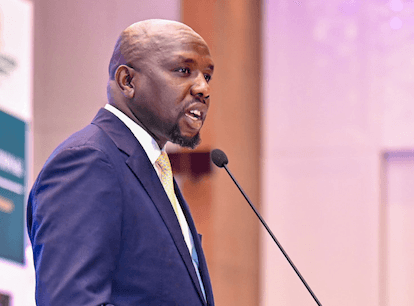As the Kenya government made diplomatic investments to revive the collapsed East Africa Community in the late 70s and early 80s, then Attorney general Charles Njonjo had other thoughts.
He directly confronted top ministers to back off from the efforts.
A commission of inquiry formed to investigate him found that Njonjo did not shy away from expressing his disdain for the community.
The EAC had collapsed in 1977.
But Njonjo felt that Tanzania and Uganda took advantage of Kenya in the cooperation, and that letting it collapse allowed Kenya to fully regain its dominance.
Among the causes of the collapse included reported demands by Kenya to have more seats than Uganda and Tanzania in decision-making organs.
Also, Ugandan dictator Idi Amin is said to have demanded that Tanzania, being a member state of the EAC, should not harbour forces fighting to topple his government.
The difference in economic philosophy in Kenya, which was capitalism, and that in Tanzania, which was socialism, also caused the fall.
The commission headed by then judges Cecil Miller, Effie Owuor and Chunilal Madan detailed the lengths Njonjo went to frustrate the revival efforts.
According to the commission’s report, Njonjo drunk five champagne when the entity eventually collapsed.
During the commission’s hearings, it was told in a verbal testimony by then cabinet minister Robert Ouko that Njonjo had tried to dissuade him from trying to pursue the dream of the community.
Ouko told the panel that, while in a top government delegation to Arusha in 1976 led by then Vice-President and Minister for Finance Mwai Kibaki, the attorney general dismissed his efforts as going nowhere.
At the time of the Arusha trip, Ouko was Minister for the East Africa Community.
During a coffee break Njonjo would approach Ouko and pull him aside, asking him that "why are you fighting so hard to maintain this thing?” the report reads.
He would tell the minister that "you are an able man with long experience. You will be able to get a big job in Kenya. Why are you bothering with this thing?"
But a perplexed Ouko would repulse Njonjo, telling him that "it is not a job for me which is at stake, it is the unity of East Africa which we are fighting for."
Ouko continued: "It is the joint effort of the East African countries to develop economically and socially that is the important issue and not the welfare of one individual like me."
"Forget it, it will break up," Njonjo told the minister back, the report said.
When the community eventually fell, Njonjo, then Kabete MP, followed up the matter in a debate in Parliament on July 5, 1977, expressing his glee, declaring that he had drunk much to celebrate.
“Njonjo told the National Assembly that he did not like the East African Community and that when the Community collapsed he drank five champagnes to celebrate its death.”
But when Ouko's testimony was put to him by the commission's lawyers, Lee Muthoga and Onyango Otieno, he denied being hostile to official government policy.
He characterised his conversation with Ouko as "a mere chat during a coffee break between two ministers at a personal level within the permitted immediate government circles'"
But Ouko would not dispute the conversation as a casual chat, referring the commission to the principle of collective responsibility that binds all cabinet ministers to support official state policies both privately and publicly.
(edited by Amol Awuor)



















